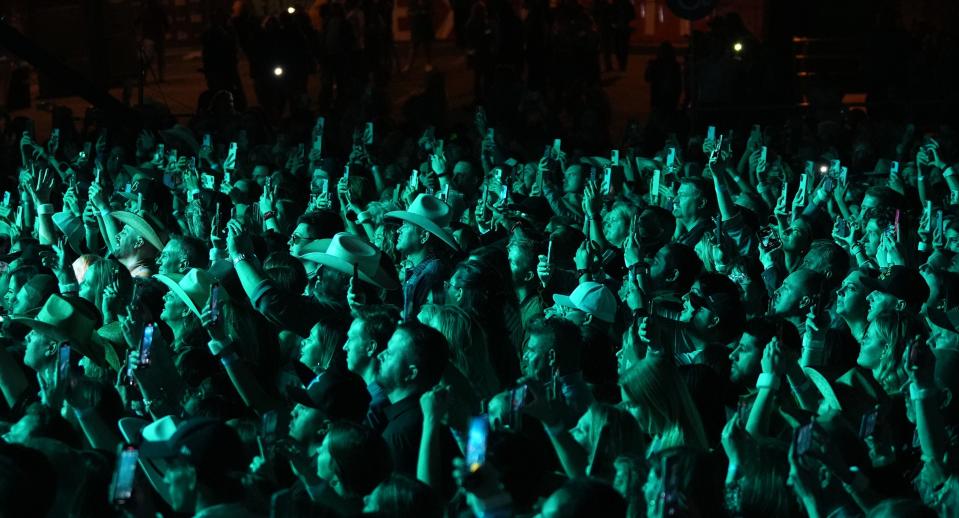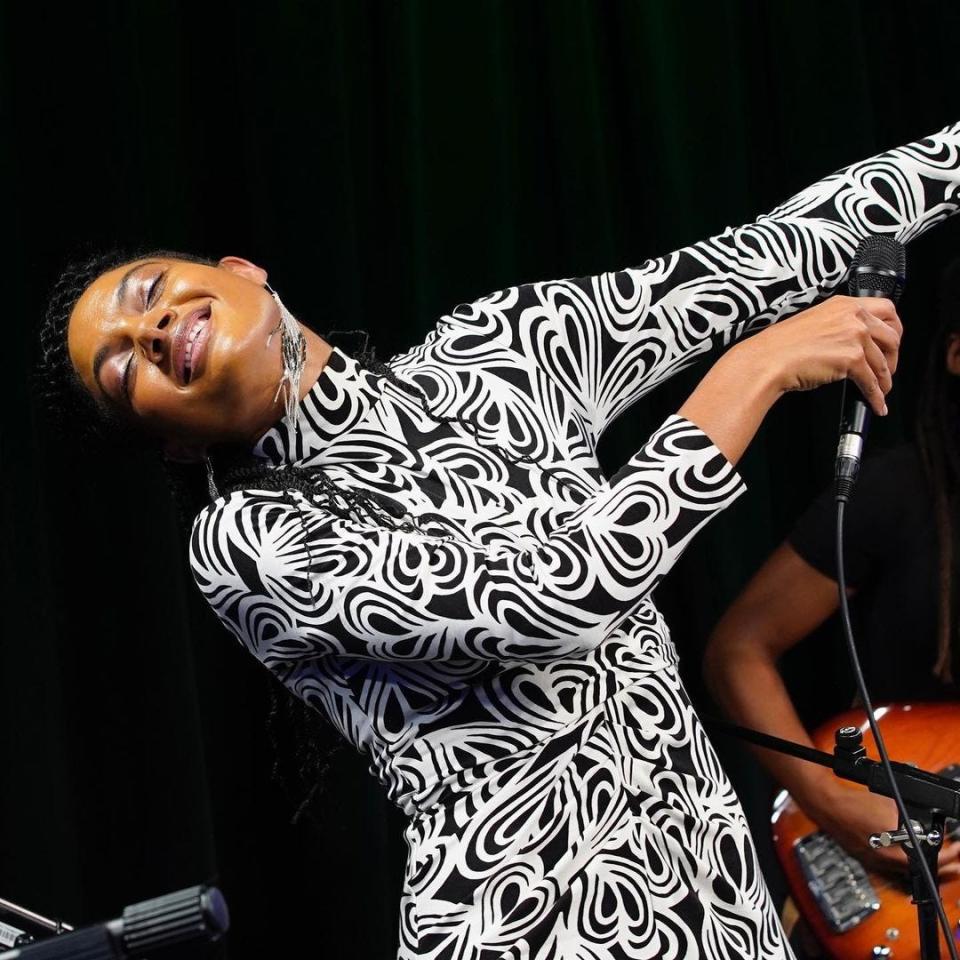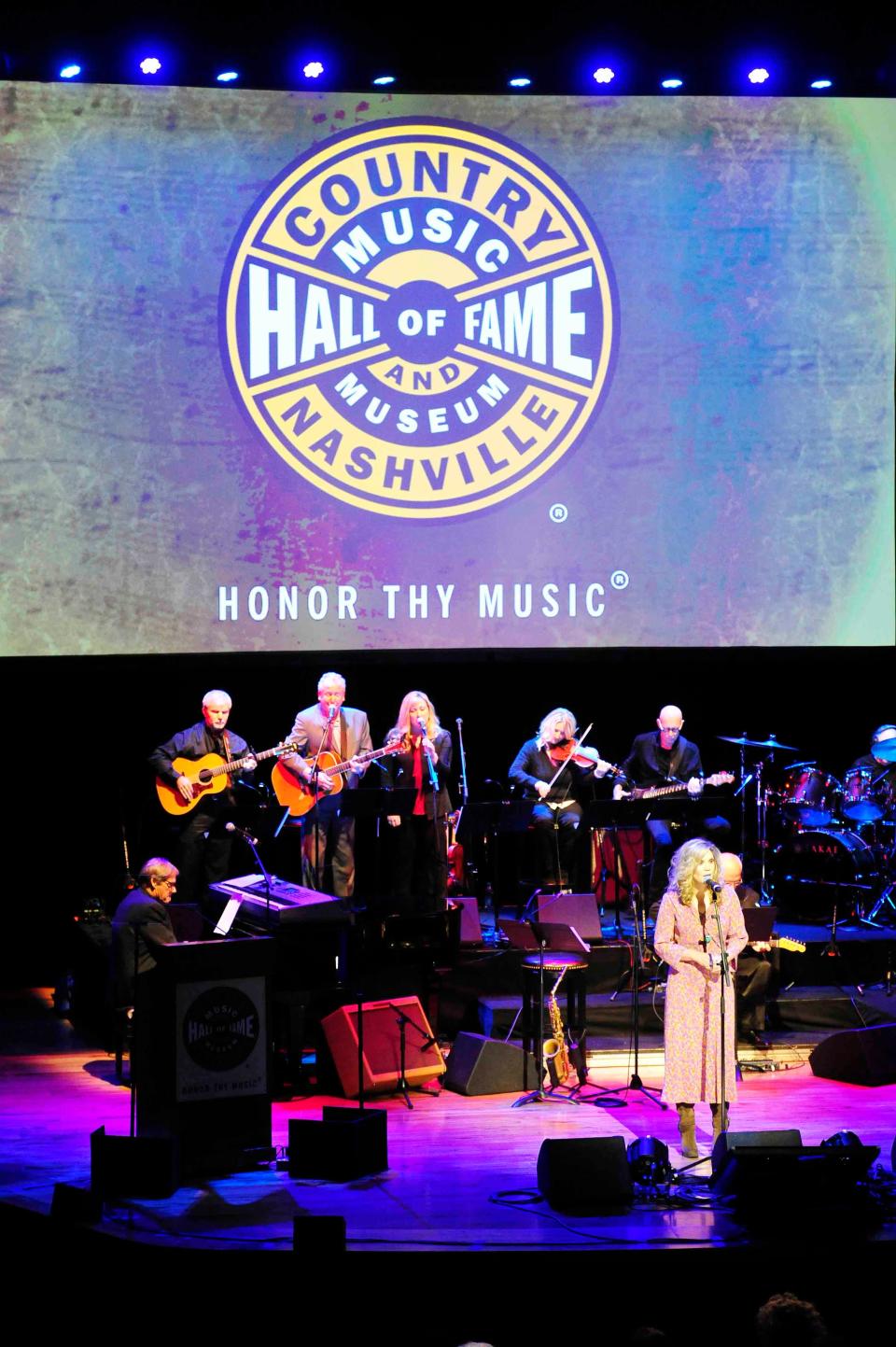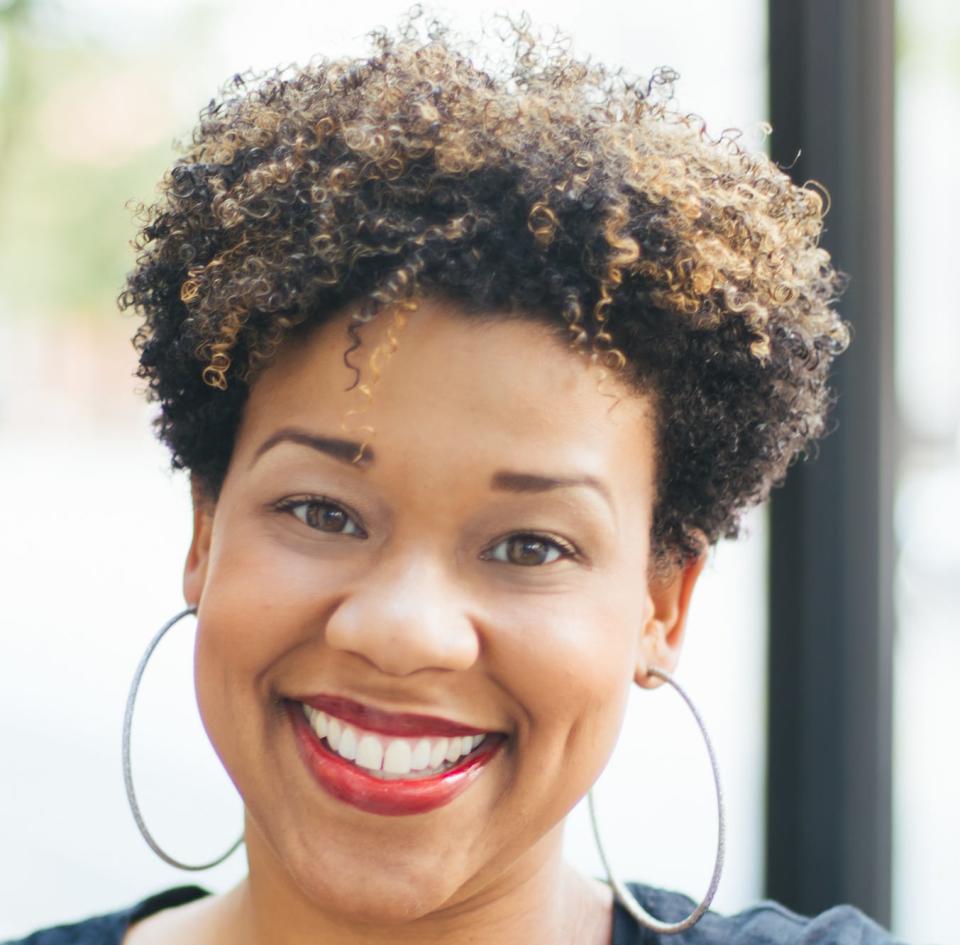Contrary to my critics, research proves that country music is for everyone
In 2021, the Country Music Association commissioned Horowitz Research to conduct on a study on “Country Music’s Multicultural Opportunity.” 4,000 consumers were surveyed, the group being split equally among white/non-Latino, Latino, Asian, and Black respondents.
By the time the study published, the country music industry was a year-and-a-half removed from the black squares and hashtags of the summer of 2020. By that point, there had been numerous panels hosted and task forces convened; insiders, it seemed, were fully aware of the industry’s issues.
Horowitz’s findings confirmed them. Among the results, reported by Jessica Nicholson of Billboard: “20% of BIPOC (Black, indigenous and other people of color) attendees say they experienced racial profiling and/or harassment at a country music live event–and 20% of white people say they have witnessed it” while 17% of respondents believed that “seeing racist symbols (certain flags or hand gestures) happens more at country music events.”
In all, Nicholson wrote, “the study emphasized the importance of reframing the perception that the country audience is ‘white,’ given that the research showed that one in four Black and Latinx fans and one in five Asians listen to country music on a weekly basis.”
I mention this report because, after The Tennessean published my column last week, which highlighted Nashville’s complicity in country music’s diversity problem, it’s clear that the industry has failed to make significant strides toward this reframing over the last two years.
Story by Marcus K. Dowling: Earl Scruggs 100th birthday concert celebrates bluegrass' legacy at Ryman Auditorium
Research shows that people of color also listen to country music
My social media mentions and email inbox were filled with people who lambasted my audacity to question the whiteness of their music when we have rap and R&B.

“Stop making everything about ‘equity,’” wrote @RaeRaeko on X.
“Sounds like you’re making excuses for your own culture appropriation problem,” wrote @AaFarmerAa.
There were also accusations of race-baiting and inserting race into a genre where it didn’t exist (no, really), along with the admonishments to go back to where I came from.
In his own essay, published in The Pamphleteer daily newsletter, native Nashvillian Davis Hunt (@realpamphleteer), who called me “unhinged,” wrote that country music has “miniscule appeal to the black community.”
But Horowitz’s study thoroughly debunks this notion. What’s more, even if one thinks it’s perfectly acceptable for spaces like country music to be nearly all white in 2024, that justification should cease when you understand that this industry is not white by nature of accident or self-selection.
There are — and have been — plenty of non-white people attempting to build careers in this space for generations. With few exceptions, they were either shut out completely or not given the proper support to achieve eventual success. And this doesn’t just apply to artists. It’s also applicable to those who sought to work as A&Rs (artists and repertoire representatives) and songwriters, producers and guitarists, publicists and engineers, marketing professionals and business managers.
Those inside the industry know this. They’ve met with Black songwriters and refused to sign or develop them; they’ve interviewed Black students from MTSU and Belmont and refused to give them internships or jobs; they’ve met Black artists on radio tour and refused to play their songs. Or, like the 20% of white respondents in the Horowitz survey, they’ve seen it happen.
Let’s talk about representation in the rap industry
It's the outsiders who remain ignorant — the people in my mentions who are allowed to believe a story that simply isn’t true, who are coddled in their own refusal to give up the all-white spaces that were artificially manufactured just for them.

They feel entitled to these spaces and will willingly fight for them — not because they are worried that diversity will ruin the music they “love,” but because they hate the idea that Black people, or any other “outsiders,” would infringe on the space they have unjustly declared their own.
They also refuse to do any research before spewing their vitriolic nonsense. Even a cursory Google search would show that rap is far more diverse than country. While “Loving on Me” by Jack Harlow, who is white, currently sits atop the Billboard R&B/Hip-Hop Songs, songs by Black artists are often written and/or produced by white creatives. Meanwhile, the offices of their labels are filled with white execs. There is no parallel to be drawn between country music and rap any more than Allison Russell could be mistaken for Alison Krauss.

Many people working in the industry would say they want to distance themselves from people like this. If I showed them my mentions they’d apologize. They’d shrug and shake their heads, as if to say there’s nothing they can do. Then they’d rattle off their own progressive bona fides: the Black child they adopted from Africa, the gay best friend from college, the fact that they’re a long-registered Democrat.

But it would all be for show. Because when they walked away, they’d go back to their desks and roll up their sleeves, and they’d continue to a build a world that makes the men and women in my inbox feel comfortable—a world that upholds some of the worst aspects of the human condition.
Ultimately, as I wrote last week, this is country music’s right.
But the city of Nashville, as I also wrote, shouldn’t be complicit.
Andrea Williams is an opinion columnist for The Tennessean and curator of the Black Tennessee Voices initiative. She has an extensive background covering country music, sports, race and society. Email her at adwilliams@tennessean.com or follow her on X (formerly known as Twitter) at @AndreaWillWrite.
This article originally appeared on Nashville Tennessean: Country music fans who say the genre isn't for everyone are wrong

